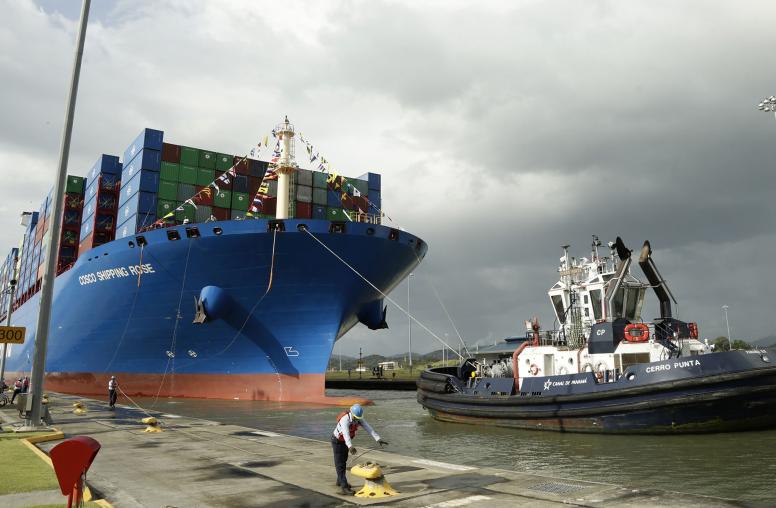Peace Agreements: Ecuador-Peru
Peace Agreements Digital Collection
Ecuador-Peru Border Agreement
in Spanish
(10-26-1998)
Posted by USIP Library on: February 3, 1998
Source Name: The Embassy of Ecuador, Washington, D.C.
Date E-mailed: January 29, 1999
Rio Protocol
(1-29-1942)
Posted by USIP Library on: December 18, 1998
Source Name: International Boundary Studies, no. 172 Ecuador-Peru. Washington, D.C.: U.S. Department of State, Bureau of Intelligence and Research, May 19, 1990.
Date faxed: November 18,, 1998 from the World Bank Group Law Library.
Additional Documents
Note from Ecuador to Peru
Administración del Canal de Zarumilla
in Spanish
(10-26-1998)
Posted by USIP Library on: February 3, 1999
Source Name: The Embassy of Ecuador, Washington, D.C.
Date E-mailed: January 29, 1999
Note from Ecuador to Peru
Medidas de Confianza muta y de Seguridad
in Spanish
(10-26-1998)
Posted by USIP Library on: February 3, 1999
Source Name: The Embassy of Ecuador, Washington, D.C.
Date E-mailed: January 29, 1999
Note from Ecuador to Peru
Navegación en los cortes de los ríos
in Spanish
(10-26-1998)
Posted by USIP Library on: February 3, 1999
Source Name: The Embassy of Ecuador, Washington, D.C.
Date E-mailed: January 29, 1999


